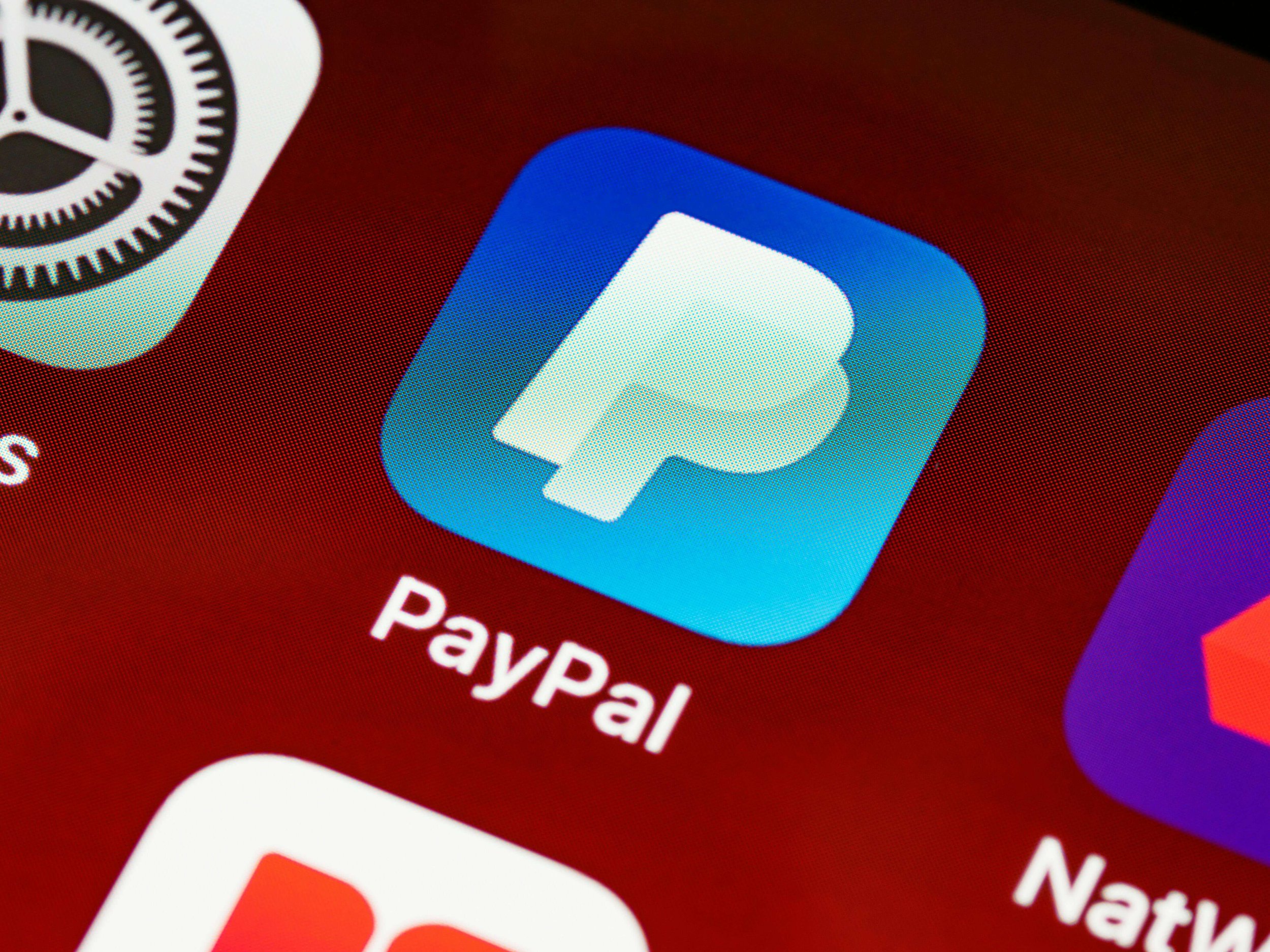YouTuber Legal Eagle Files $5M Lawsuit Against PayPal's Honey
Company
Paypal
Why
Improper affiliate link compensation
Are you an affected creator?
Join the class action lawsuit below:
Paypal has been hit with a $5 million lawsuit over their Honey extension, as one of YouTube's prominent legal experts challenges the tech giant. Legal Eagle, known for breaking down complex legal issues for millions of viewers with his charismatic voice, has filed a substantial class action lawsuit against PayPal's browser extension Honey. Legal Eagle's lawsuit alleges that PayPal Honey wrongfully profited from content creators' work without proper compensation or consent, potentially disrupting the creator economy. As a result, this case could set a precedent for how tech companies interact with content creators and influencers across various platforms.
Legal Battle Overview
The class action lawsuit, titled "Wendover Productions, LLC v. PayPal Inc.," was filed on December 29th in California's Northern District Court. Attorney Devin Stone, who runs the LegalEagle YouTube channel with nearly 3.5 million followers, is leading this legal challenge.
The lawsuit outlines several key allegations against PayPal's Honey browser extension:
Systematic diversion of affiliate commissions from content creators
Manipulation of last-click attribution through checkout pop-ups
Replacement of creators' affiliate links without providing actual benefits to consumers
Implementation of the Honey Gold extension system that overrides original affiliate links
Furthermore, the lawsuit provides a striking example of the alleged financial impact: while Honey offers consumers a mere $0.89 reward for a purchase, it simultaneously diverts a $35.60 commission that would have gone to the original content creator. This practice raises questions about PayPal fees and how they might be affecting creators' earnings.
Additionally, Stone has established honeylawsuit.com to gather other affected creators for the class action. The legal team is seeking to represent anyone who participated in an affiliate program and had their links redirected by the Honey browser extension. Those interested can join the class action lawsuit against PayPal through this website.
Moreover, while PayPal has publicly denied these allegations, the lawsuit contends that these practices not only result in immediate revenue loss but additionally devalue creators' long-term sponsorships and partnerships. Consequently, the legal action seeks both financial compensation and increased transparency in affiliate marketing practices, addressing concerns of unjust enrichment and unfair competition.
Technical Breakdown of Allegations
The technical mechanics behind PayPal Honey's alleged practices reveal a sophisticated system of affiliate commission redirection. According to the complaint, the browser extension operates by inserting a pop-up at checkout for each customer who has installed it.
The core issue centers on what's known as "last click attribution." Essentially, when Honey displays its pop-up, it replaces existing affiliate tracking links with its own, regardless of whether it provides any actual Honey discount or savings to the customer. This practice particularly affects content creators who depend on advertising revenue from affiliate marketing.
Here's how the alleged system impacts creator earnings:
When users click on a creator's affiliate link, Honey overrides it during checkout
The extension claims the commission even without providing better deals or promo codes
Original content creators lose attribution and subsequent earnings
In fact, one documented example shows how a $35.00 commission from a NordVPN subscription was redirected to Honey, leaving the user with merely $0.89 in cashback. The extension's terms of service acknowledge certain limitations, particularly noting that while it aims to find the best available discounts and coupon codes, it cannot guarantee optimal deals.
The technical implementation extends beyond simple link replacement. The complaint outlines that PayPal has integrated this system into its broader payment infrastructure, including the Honey Gold extension program. Therefore, when users are prompted to "Get Rewarded with PayPal," the system allegedly continues to override existing affiliate attributions and attribution codes.
Conclusion
This lawsuit between Legal Eagle and PayPal's Honey stands as a watershed moment for content creators and tech companies alike. Above all, the class action lawsuit challenges how browser extensions interact with affiliate marketing systems, bringing attention to revenue attribution practices that affect countless creators. The technical evidence presented certainly raises questions about fair compensation and transparent business practices in the digital economy.
The battle between Legal Eagle and PayPal's Honey represents more than a simple dispute over commissions - it questions the fundamental balance between technological innovation and fair creator compensation in our digital age. As the lawsuit progresses, it will undoubtedly shape the future of the creator economy and how influencers interact with brands and platforms.

